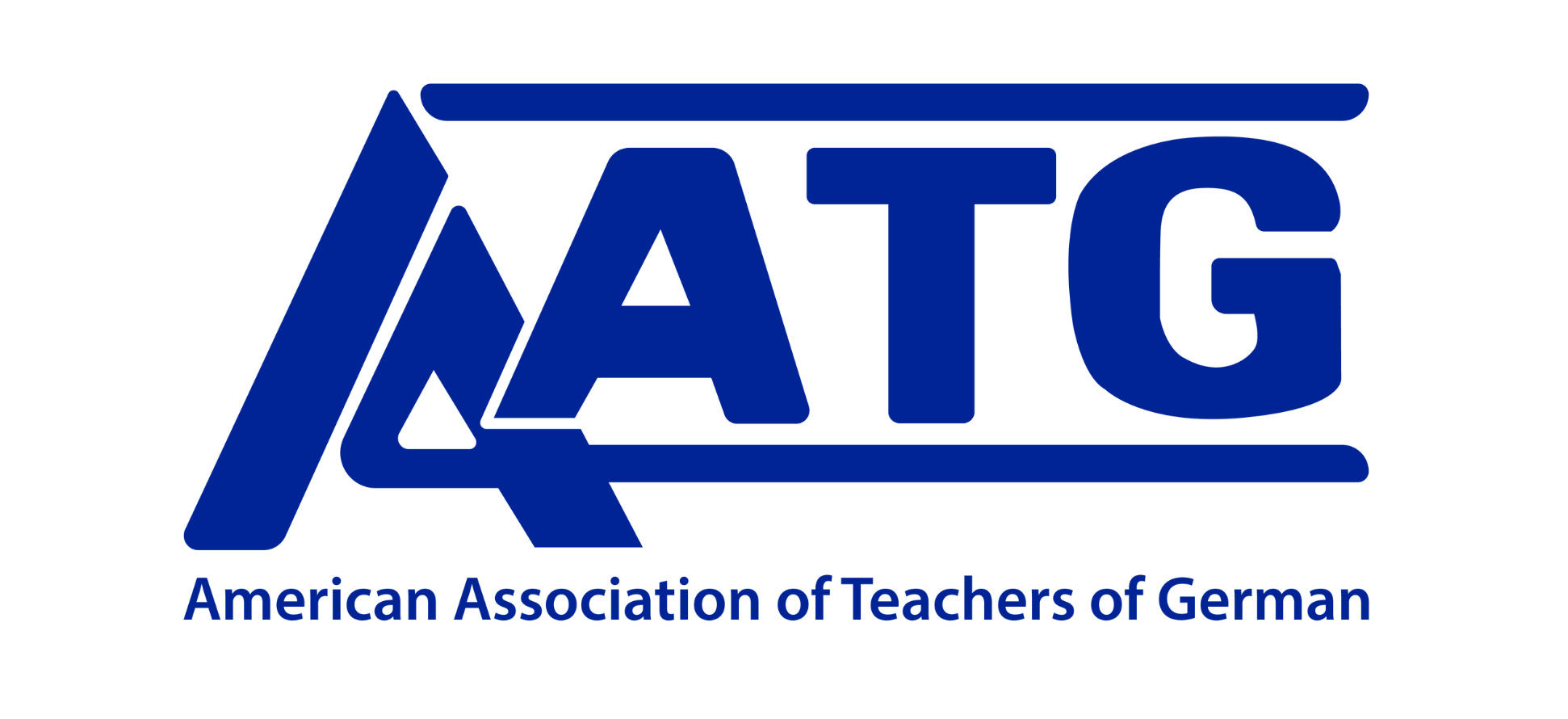Advocacy - Tips for instructors in crisis mode
 "My program is being cut!! What can I do?"
"My program is being cut!! What can I do?"
Tips for instructors in crisis mode
You've decided to fight the decision to cut your program. Good for you! Your colleagues at AATG want to support your efforts. It is impossible for instructors to implement each strategy on this menu; however, it is our hope that some of these ideas may help you negotiate with decision-makers for a better outcome. To brainstorm personally with an AATG Advocacy volunteer, please fill out this form and we'll be in touch. For see our toolkit for more tips on strengthening a program.
To connect with your elected officials, use AATG's partner network at JNCL-NCLIS to find officials in your zip code and reach out directly using this tool.
Identify allies in administration
Identify administration allies - Pre-Collegiate
- Keep line(s) of communication open with building administration: work to understand the problem (enrollment, scheduling, awareness, etc.)
- Work collaboratively with your chair and the building administrators to problem-solve
- Identify other administrators who can support your program (principal in feeder schools, bilingual administrators, district/county administrators, etc.)
- Consider and propose concrete suggestions for increasing numbers:
- * Eliminating scheduling conflicts
- * Traveling to another building to teach a section / increase enrollment
- * Encouraging students to enroll in multiple World Languages
- * Stacking upper level classes with rotating curriculum
- * Reach out to your AATG chapter president to share your situation and brainstorm
Identify administration allies - Post-Secondary
- Keep line(s) of communication open with upper administration: work to understand the problem (budgetary, structural, etc.)
- Work collaboratively to problem-solve
- Consider and propose concrete alternative scenarios and structures that will increase numbers, such as:
- * Business German/German for the professions
- * Interdisciplinary coursework in related fields
- * Removing barriers to majors (count third/fourth semester language courses in coursework for major)
- * Dual-degree opportunities
- Create plans to increase numbers even more going forward
- * Collaborate with colleagues in other departments/programs to help make coursework in German contribute to requirements for their major (especially helpful for content-based language courses)
- * Consider opening up German major to include coursework from these areas, in turn, as part of the major
Identify allies among colleagues
Identify allied colleagues - Pre-Collegiate
- Reach out to your AATG chapter president to share your situation and brainstorm
Identify allied colleagues - Post-Secondary
- Create plans to increase numbers even more going forward
- * Collaborate with colleagues in other departments/programs to help make coursework in German contribute to requirements for their major (especially helpful for content-based language courses)
- * Consider opening up German major to include coursework from these areas, in turn, as part of the major
Make an argument with numbers
Using the numbers - Pre-Collegiate
- Retention rate across levels
- Enrollment beyond graduation requirement (if your state has one)
- Enrollment in AP/IB/concurrent enrollment courses
- Seal of Biliteracy recipients
- Awards (NGE, AATG Study Trip, CBYX, Study Bridge)
- National German Honor Society members
- Consider comparing with percentages rather than raw numbers
- If evident, point out growth, especially if it is recent
Using the numbers - Post-Secondary
- Retention rate across levels)
- Majors/minors, study abroad, scholarship winners (Fulbright, DAAD, etc.)
- Determine where your program stands nationally in terms of numbers to see if this data can work for you
- * compare your number of graduating majors to those at peer institutions. Consider 1) student body count; 2) type of institution (public/private); 3) number of active FT faculty;
- Data
- * Track awards
- * Track career placement
- * Track placement in post-graduate programs
Collect personal testimonials to lobby decision makers (letters, videos, public speakers)
Personal testimonials - Pre-Collegiate
- Students: What German means to me
- Graduates/Alumni: What German/world language study afforded me at college / in the workforce
- Families with a link to German-speaking countries
- Local German organizations/employers
- German professors at your local/state colleges, if your students feed that program
- Locally elected school boards are comprised of community members who might be most persuaded by the concerns and views of local constituents. Demonstrate how voting families are invested in the German program and how it, in turn, enhances the lives of local constituents.
Personal testimonials - Post-Secondary
- Testimonials
- * Students: What German means to me
- * Graduates/Alumni: What German/FL study afforded me
- * Donors: Why language matters, how this proposed change will affect my contributions
- * Local community members: what needs are there for language speakers locally
Use the framework of your institution to your advantage
Institutional Framework - Pre-Collegiate
- Consider ways your curricula support a student's education (e.g. literacy, oral communication, social-emotional learning, interpreting data, sustainability, global citizenship, etc.)
- Articulate concisely and persuasively how coursework in your program aligns with your school's, district's or county's mission statement
Institutional Framework - Post-Secondary
- Consider ways that the courses your program offers does and/or can address general education requirements (some common areas where this coursework CAN count: oral communication, sustainability, global citizenship, literature, fine arts, etc.)
- Articulate concisely and persuasively how coursework in your program aligns with University mission statements
- Consider university aspirations (R1 designations need FLs)

